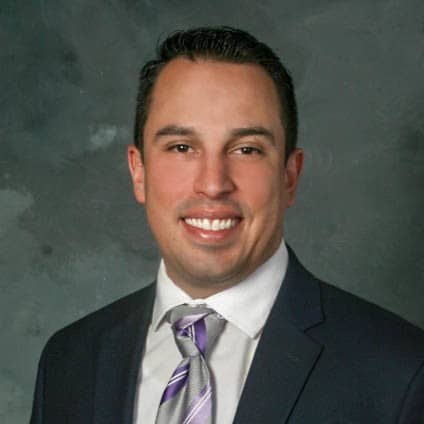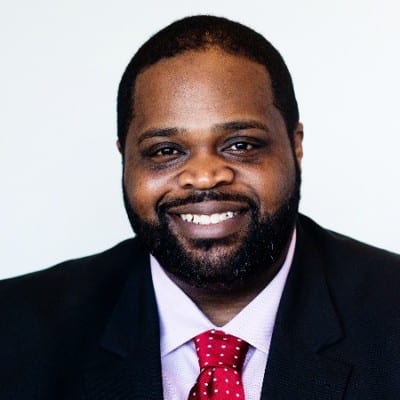We created this Working Group to provide an outline of best practices for onboarding FinOps interns to make them productive team members as soon as possible. We began with a survey to community members to gather insights into the type of projects FinOps interns have completed, and the benefits for an organization to invest in an internship program incorporating FinOps domain knowledge and skills.
This guide has been developed by the Internship Working Group (WG) and will continue to evolve and grow in future sprints.
The 2023 State of FinOps indicated that FinOps teams increase in size as they mature their practice. We also learned that individuals doing FinOps come from blended backgrounds, and the field is well-paid.
The number of FinOps-related jobs posted on finops.org continues to increase with roles from all over the world.
The domain of FinOps is ideal for students, employees and employers looking to gain exposure for their first time or enhance knowledge and capabilities.
Students and employees have resources ranging from introductions to certain topics to advanced concepts. For example, you can hear about how the FinOps foundation helped Simar Arora transition careers here through an Intern program.
Employers have access to resources to accelerate the FinOps capabilities of interns and employees.
The FinOps Internships Working Group survey was conducted during the winter months of 2022. A total of 13 questions were asked, with 22 FinOps interns or hiring managers of interns responding. Six (6) follow-up interviews were conducted with the goal of better understanding the scope of FinOps internships and their value.
This work also includes how the internship program worked, type of internship projects, and what learning and development insights were gained. Here is a summary of the results.
Training a new employee takes a substantial amount of time and capital. Training involves having the FinOps practitioner master the company’s internal processes, the cloud service provider tools, and any cost management tool.
Therefore, it is in the best interest for a company to nurture the FinOps practitioner’s skills and retain the person. With time and experience, the FinOps practitioner could focus on management skills and expand the role to a team leader and share knowledge.
The primary advantage of hiring an intern for the business is to gain valuable support and insights for the business and support existing employees. Internships provide a track for organizations to invest in their future success by discovering new talent and upskilling existing employees via mentoring. If the intern excels at the position, a full-time offer may be extended. The internship provides the company a chance to evaluate performance before making a long-term commitment.
Additionally, interns gain an opportunity to evaluate the prospective company while learning the FinOps principles and areas of focus that are important to the organization.
However, the FinOps intern has to go over the same training as a full-time hire with the drawdown that the FinOps intern may or will see the engagement terminated after a period of time. Also, the FinOps intern may not come back to the company even if a full-time employment offer is extended.
This internships working group conducted a survey in late 2022 to learn more about the type of FinOps internship programs that have been successful at both Enterprise and adjacent organizations (FinOps tooling vendors, cloud service providers, consultant firms).
One common concern we hear from the community is during the FinOps adoption phase, where securing resources can be difficult and require a business case. Per the 2023 State of Finops survey, organizations report an average team size of five (5). In areas with high cloud spend, an uptick in hiring dedicated external consultants is seen.
Organizations see hiring interns as an indication of nurturing new talent to be productive, full-time employees and can accelerate DE&I initiatives through onboarding of talent irrespective of experience and background.
Gordon Douglass from SAP has hired 3 FinOps interns and noted it’s “…part of the culture and organization and training on SAP. Prompt the company and the technology. Internships are good for short, small term projects.”
Interns identified their internship role as one of the following:
FinOps Interns will be exposed to different personas and learning about the motivations of these various personas will be key toward success. A FinOps internship may help individuals learn more about aspiring potential career paths as well.
Most companies that have hired FinOps interns did so as part of an established company wide program. Our recommendation is for FinOps hiring managers to lean into existing programs for recruiting, hiring, on-boarding, and securing funding.
Benefits of an established program includes, mentors assigned, peer cohort, visibility from leadership, access to tools, and resources to learn more about the overall business.
As a FinOps manager, you will want to scope a FinOps intern project that takes into consideration the qualifications you are hiring. For example, if you are looking for an Engineering internship, the project should be technical in scope.
Interns can support organizations by:
As a FinOps Intern, you should look for opportunities that allow you to add to your personal toolbox and acquire real-world business insights.
Interns should gain:
Here are a list of completed FinOps projects submitted:
Here’s a turnkey example of a FinOps Estimation Internship Project contributed by Pearson. It’s an openly provided resource for anyone interested to use as a template or a starting point.
Most FinOps internships were dedicated to the domain of FinOps:
Interns shared these reasons for getting an internship:
All interns indicated they received mentoring and many both formal and informal:
40% of interns noted earning an certification during their internship was an expected outcome. Certification ranged from CSP provider certifications to more specialized training, like the FinOps Practitioner Certification.
Managers felt interns studying and gaining certifications was an indicator the intern was interested in the field and taking it upon themselves to self learn beyond completing assigned tasks and projects.
For an intern, certifications exposed interns to education beyond traditional education and was a gateway into being a lifelong learner. The certification gave the intern a sense of completion of a goal.
Hiring a FinOps practice comes with many advantages for an organization and is a pipeline to develop future talent. Managers should ensure they have a project scoped for an internship and include goals like certifications. A FinOps intern can leverage their unique background to add quick wins to the FinOps practice and gain knowledge into a new career field.
If you are in FinOps intern or soon to be hiring manager, please consider joining the conversation in the #wg-internship-sprint-2 channel and get involved in the next sprint.
We are also looking for more internship projects to add to our repository.
The FinOps Foundation extends a huge thank you to the members of this Working Group that broke ground on this documentation:






Thank you to all of our survey respondents and interviewers. Without your insights this guide would not be what it is today!